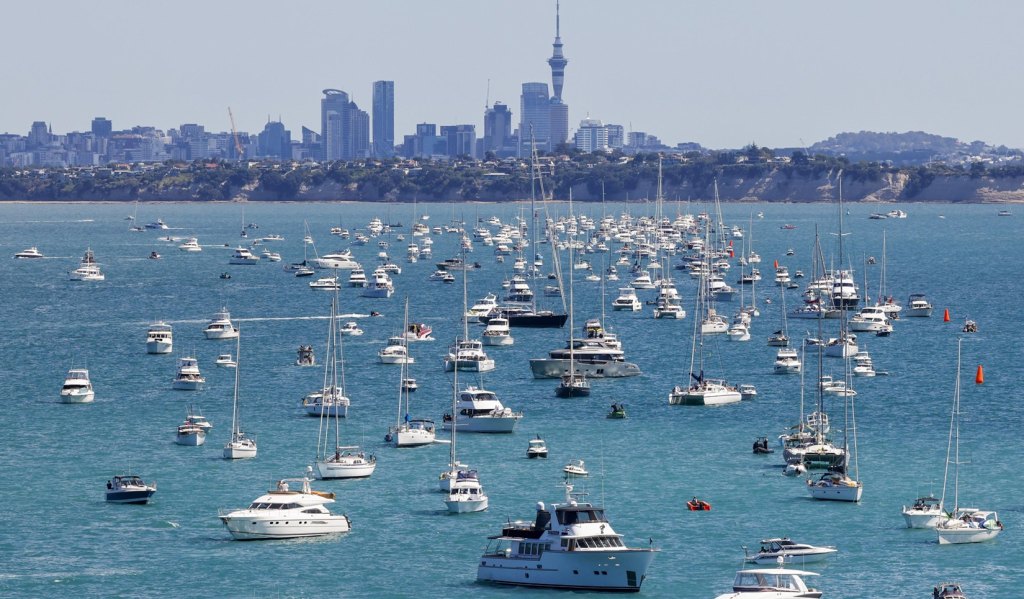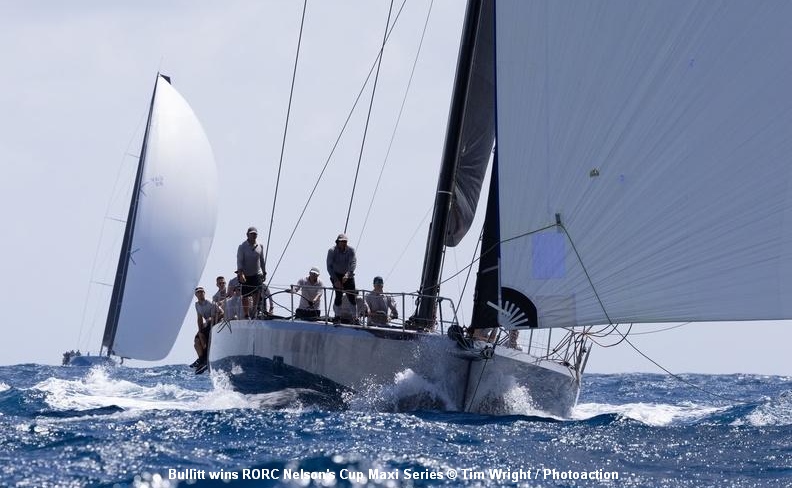Research published in the Marine Pollution Bulletin warns of potential harm to marine wildlife by spectator fleets at International sailing events.
- Spectator vessels increase underwater noise well beyond course boundaries and racing hours
- Underwater noise from spectator flotillas should be considered during event planning
Scientists at the Heriot-Watt University’s Institute of Life and Earth Sciences found that noise from large groups of spectator boats – some of them with hundreds of motorised vessels – was loud and sustained long enough to potentially impact marine mammals, fishes and invertebrate species who rely on their intricate hearing systems for processes including foraging, communication, reproduction, orientation and avoiding predators.
The research named such events as the America’s Cup, SailGP, and the Sydney to Hobart Yacht Race, where at least part of the event occurs closer to shore (within 15 km). During the 36th America’s Cup up to 1300 spectator vessels were recorded in one day.
The study found that that spectator boats altered soundscapes experienced by marine species which rely on sensitive and intricate hearing systems that are vital for foraging, communication, reproduction, orientation, and predator avoidance.
The most notable observation from the 2021 AC36 event in New Zealand, was that sound pressure levels increases were observed several kilometers beyond the racecourses boundaries and remained high well beyond the duration of the races themselves.
Highlighting the need to consider early in the planning phases how these events may alter underwater noise levels to ensure appropriate mitigation measures can be enacted.
The environmental impact assessment for AC36, considered impacts on the marine environment, such as water quality, marine litter, biosecurity, and marine mammal protection but did not specifically consider or address underwater noise pollution.
This report follows on recent problems at the SailGP event in Christchurch New Zealand where the first day of racing was cancelled due to dolphin activity on the racecourse.
The SailGP protocol for that event required that racing was stopped when a dolphin was sighted near the racecourse, and not resume until at least 20 minutes have passed since the animal was last seen within the shutdown zone.
Sir Russell Coutts, CEO of SailGP, said . . . “Unfortunately, we won’t be here next year and possibly not ever.”
It is not known if the environmental impact assessment for the 2024 AC37 at Barcelona, Spain, included underwater noise levels limits.
Related Post:
SailGP Christchurch – Dolphin on race course prevents day 1 racing







